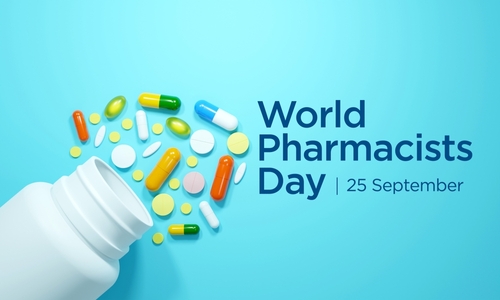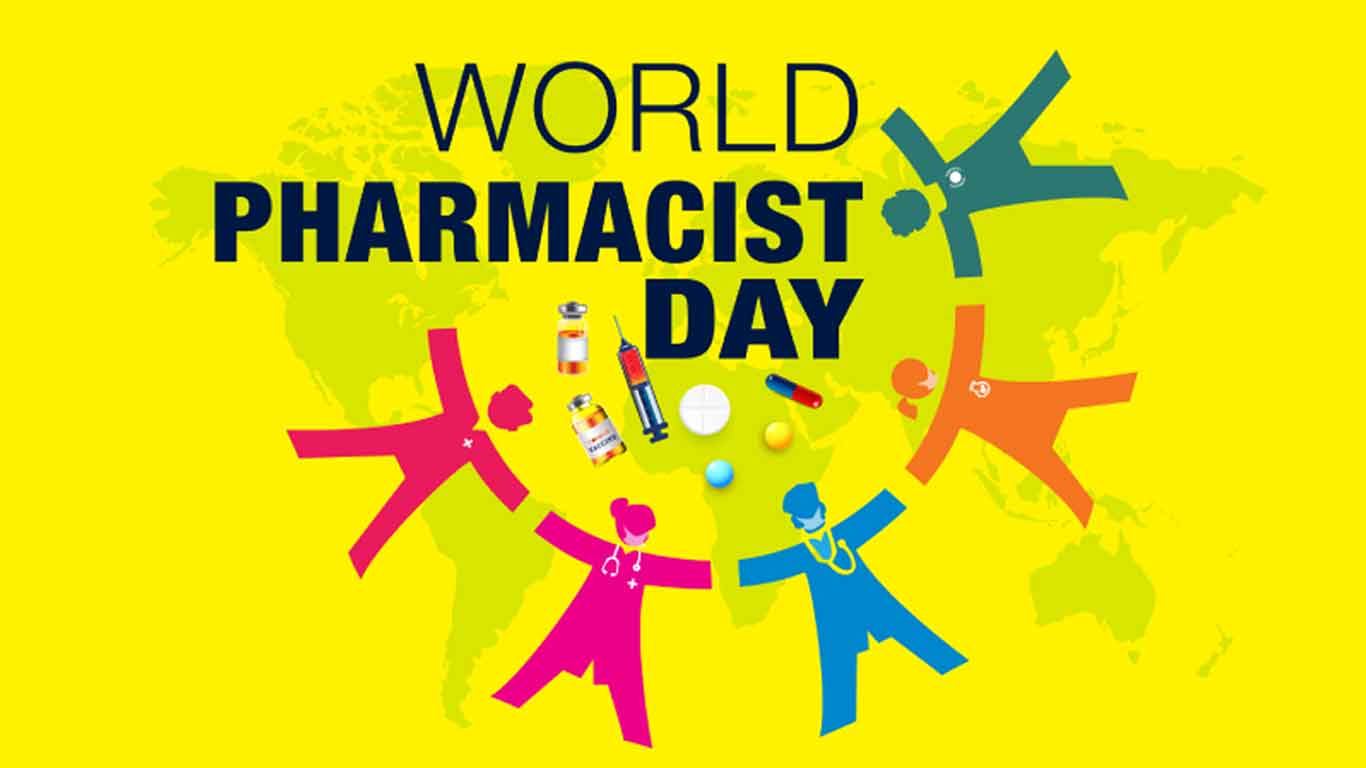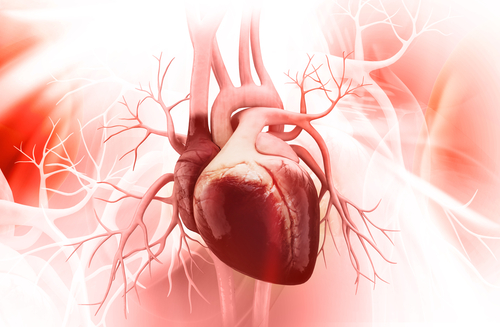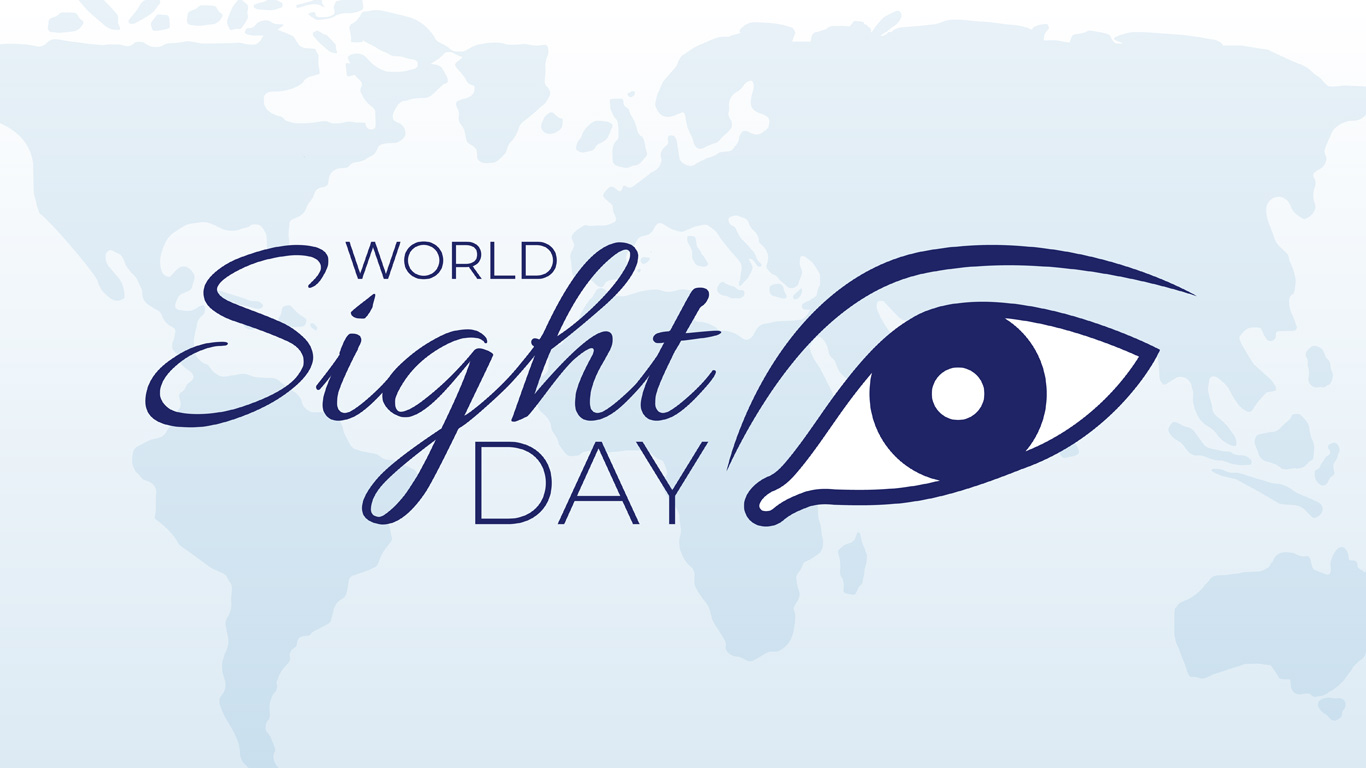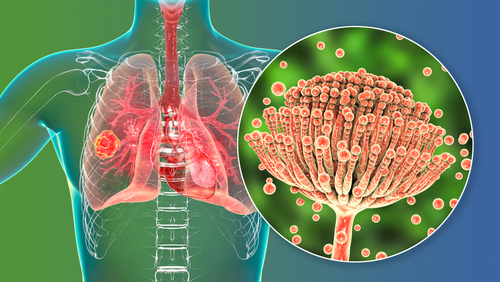WORDS DR LEE ONN LOY
 FEATURED EXPERT FEATURED EXPERTDR LEE ONN LOY Paediatrician Mahkota Medical Centre |
WHAT IS RESPIRATORY SYNCYTIAL VIRUS?
Respiratory syncytial virus (RSV for short) is a common respiratory virus that usually causes mild flu-like symptoms, except in infants and elderly people.
There are two sub types of RSV, RSV-A and RSV-B, which co-circulate during the same season with alternating predominance.
However, we do not test for sub types in Malaysia, mainly because we do not have seasonal weather and there is no difference in disease severity between the two sub types.
WHO ARE MOST AT RISK WHEN IT COMES TO GETTING INFECTED?
Children are more prone to be infected due to their immature immune systems and first exposure to the virus.
They are often exposed to and infected with RSV outside the home such as in daycare centres or school.
WHO ARE MOST AT RISK OF DEVELOPING SEVERE COMPLICATIONS?
People who are at higher risk of severe RSV disease are:
- Prematurely born infants
- Children with congenital heart disease or chronic lung disease such as asthma
- Children with compromised or weakened immune systems either due to medical conditions or medical treatments
- Adults with compromised immune systems
- Elderly people with existing health problems or co-morbidities
HOW DO I KNOW IF I MAY HAVE CAUGHT RSV?
Symptoms of RSV are just like those of normal flu, such as:
- Fever
- Cough
- Decreased appetite
- Lethargy
- Wheezing and difficulty in breathing
Consult a doctor if you or a family member show these symptoms.
HOW IS RSV TREATED?
There is no ‘one size fits all’ treatment for RSV.
We usually treat it with paracetamol and antihistamines.
If a child catches the virus, the doctor will monitor the child to ensure that they are eating and drinking well.
When there is no improvements seen, and when one becomes lethargic and develops wheezing and breathlessness, they should be admitted for fluid infusion, regular nebuliser therapy, and oxygen when necessary.
WHAT CAN PARENTS DO TO PROTECT THEIR CHILDREN FROM RSV?
Firstly, we should know how RSV can spread. Common ways of transmission are:
- When an infected person coughs or sneezes, and the virus droplets find their way into your eyes, nose, or mouth
- When you touch a surface that has the virus on it like doorknobs, and then touch your face before washing your hands
- When you have direct contact with an infected person, such as kissing the face of a child with RSV
There are a few things parents can do to protect their children against RSV such as:
- Keeping them away from close contact with sick people
- Teach them and encourage them to wash their hands often with soap and water for at least 20 seconds
- Teach them to avoid touching their face with unwashed hands
- Don’t send your unwell kid to school or centres, and limit the time children spend in child care centres during outbreaks if possible
CAN ONE DEVELOP RSV, FLU, AND COVID-19 ALL AT THE SAME TIME?
Yes, but this is not common. Should it happen, though, the complications are going to be very severe with a high risk of death!
Hence, people should go for influenza vaccinations yearly, especially during the COVID-19 pandemic.



